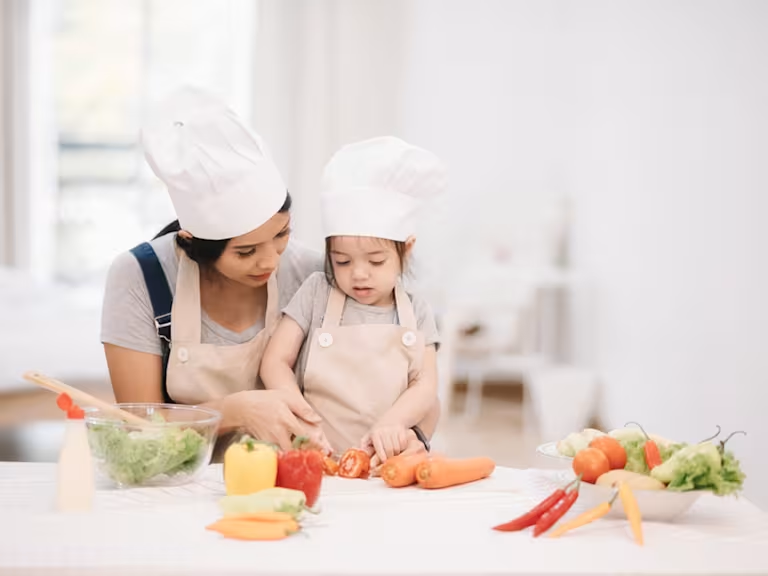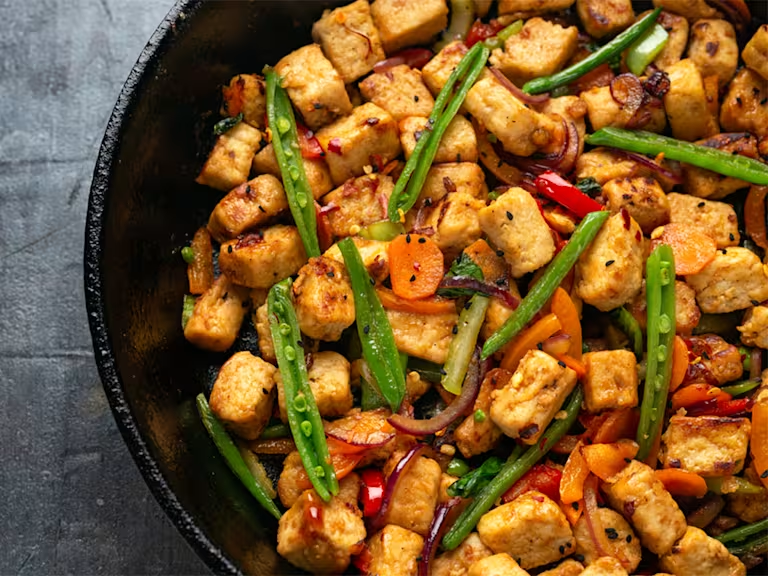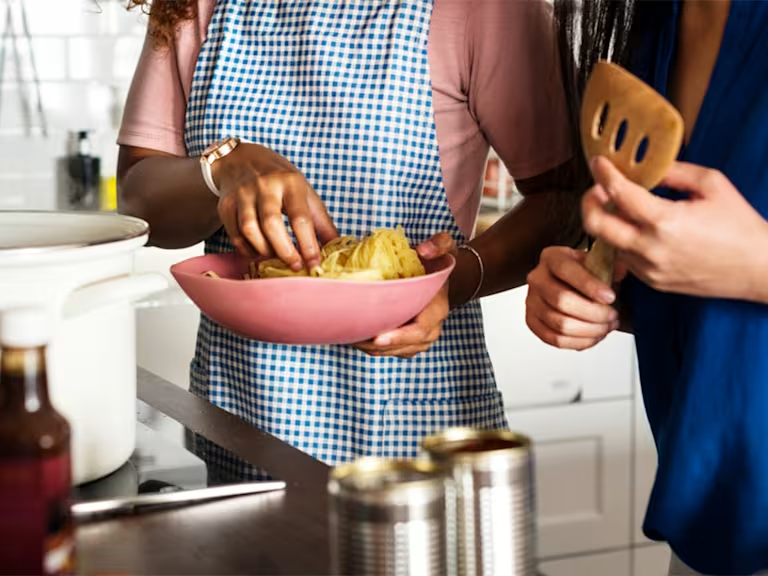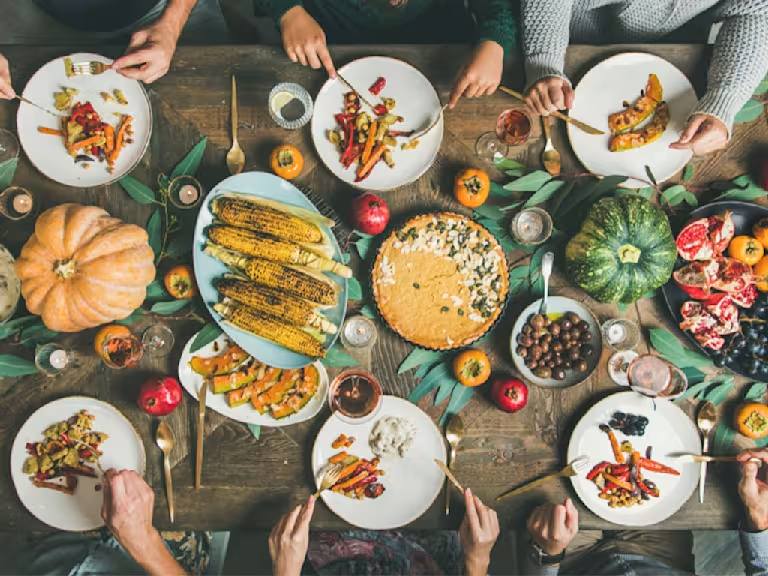
Going Green: The Best Hacks for Saving Water in the Kitchen
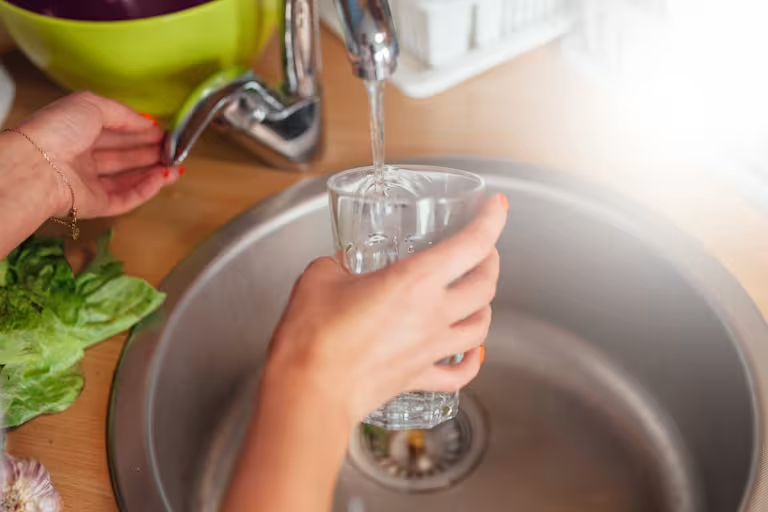
We often hear the terms ‘eco-friendly’, ‘green’ or ‘environmentally friendly’, but what do they mean exactly, and what are our eco-responsibilities? As many of us turn to healthy eating, or eliminating meat from our diets, our focus is often shifted to the other ways we can benefit the future of our planet and reduce our carbon footprint.
We often hear the terms ‘eco-friendly’, ‘green’ or ‘environmentally friendly’, but what do they mean exactly, and what are our eco-responsibilities? As many of us turn to healthy eating, or eliminating meat from our diets, our focus is often shifted to the other ways we can benefit the future of our planet and reduce our carbon footprint.
In simple terms, eco-friendliness means ‘not harmful to the environment’. This refers to any action we as a society take that could potentially endanger the planet, such as greenhouse gas emissions, destroying ecosystems and habitats, extinction of animals or using up a valuable resource, like water.
Going meatless, recycling and reducing your use of electrical appliances are all quite simple ways of helping the environment. If each of us does our part, we can ensure more resources and a healthier, more sustainable future.
Saving water to save the planet
We’ve touched on it before, but saving water is an important part of reducing our environmental impact, and it all starts in your very own kitchen!
We often wonder why it is important to conserve water when we seem to be surrounded by it. In actual fact, 97% of the Earth’s water is salt water and therefore undrinkable. With only 3% of the Earth’s water being fresh, this statistic is looking a lot smaller when you consider the 7.5 billion other people you share this planet with. The next statistic is a lot more shocking, as only 0.007% of our planet’s water is suitable for fuelling and feeding our planet. This makes conservation of this precious liquid so vital. Not only do we need this valuable resource for drinking and bathing - but so much of our environment needs it as well.
You don’t have to be in a drought stricken community for the opportunity to take actions on your water saving habits. Fortunately, saving water from your own home is quite an easy routine to adopt in your household.
How you can save water in your kitchen
Saving water in the kitchen is a lot easier than you might think, and best of all - it’s easy to start taking action right away with some simple hacks! Our top tips for reducing your water consumption will have you reducing your carbon footprint (and your water bill) in no time.
Reuse water
Water can easily be recycled when you’re cooking or using it at home. By catching running water in a bottle or pot while the water from the tap is warming up, you’ll be able to use the collected water to wash vegetables, boil rice to accompany your meals or put in the fridge for cold drinking water later.
Go meatless
If you go meatless for even one meal a week, perhaps introducing ‘Meatless Mondays’ into your weekly schedule, you’re saving water resources on a global scale. The water footprint of beef is 10x higher than that of meatless products, including Quorn® mince; whilst that of chicken is 2.5x that of meatless Quorn pieces.
Freeze and forget
You should regularly refill your ice cube trays with collected water to add to your drinks or smoothies. This will mean your drinks can always stay cool and fresh - a must in the hot and humid Singaporean weather! You can add fruit into the trays to get an extra kick of vitamins and taste to your next beverage. It’s a great way to complement your healthier lifestyle and ensure you’re recycling water at the same time.
Bottle it
Reusable bottles come in all shapes and sizes these days, making it easier than ever to have water with you wherever you go. Refill your water bottle throughout the day to ensure you’re getting your daily water needs and reduce the production of plastic and water waste in the process.
Steam whenever you can
Saved water can be boiled and used to steam vegetables, which retains far more nutrients in your food than boiling and requires a lot less water. Basically, it’s all about catching any excess water that’s running in your home (whether that be a leaky sink tap or some water that’s been sitting in a bottle for a while) and utilising it so it doesn’t go to waste!
Clean green
Your collected water can even be used to clean your kitchen! Boil saved water with vinegar for an all natural cleaner you can use on your benchtops, floors, and stove tops.
Saving water also helps to preserve our environment by reducing the energy required to process and deliver it, reducing pollution and conserving fuel resources.
Taking small steps to help Mother Earth
You’ll notice a big chance in your water bill as soon as you start using these simple techniques to save water. You’re not only helping to save the environment, but you’re saving money while you’re at it.
Did you know that by purchasing Quorn products, you are helping to minimise water wastage? If two people went meat-free for one meal a week, the amount of water saved would be the equivalent to 17 days of personal use. Quorn promotes a meat free lifestyle with an eco-friendly vision for the future.
We’re all about sustainability and reducing our carbon footprint, whilst helping you manage a healthier and greener lifestyle.

